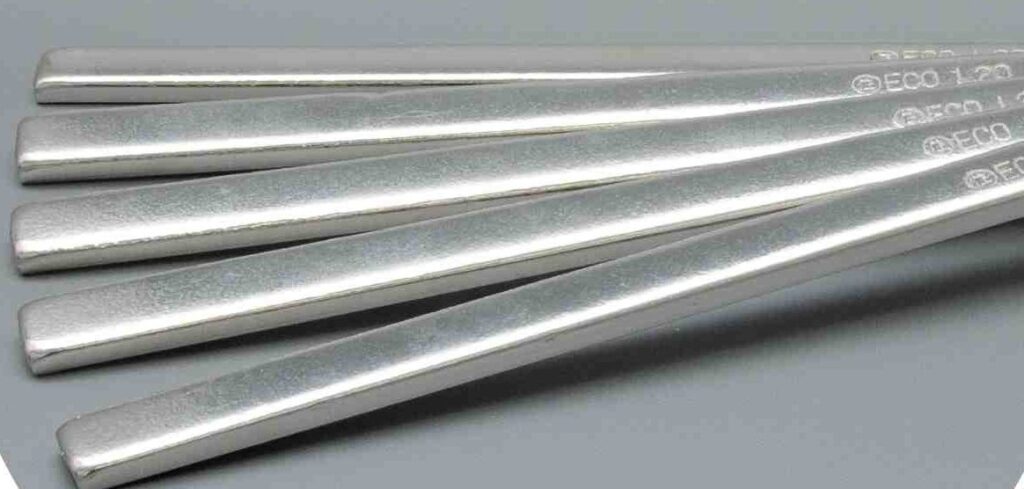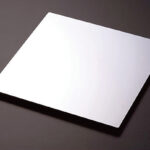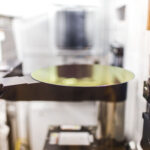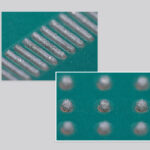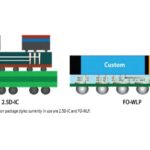ASIA ELECTRONICS INDUSTRYYOUR WINDOW TO SMART MANUFACTURING
SMIC Sets up Manufacturing Process for Flow Soldering Technology
Senju Metal Industry Co., Ltd. (SMIC) has developed and established a flow soldering technology and manufacturing process, thus contributing to carbon neutrality. The flow soldering technology and manufacturing method use tin (Sn)-bismuth (Bi)-based low-temperature solders and feature excellent general versatility.
Countries around the world have begun to take actions to achieve carbon neutrality. The reduction of greenhouse gas emissions is a challenge in an industrial world. The mounting industry has been making various efforts to this end as well. It attempts to develop flow and reflow soldering equipment with lower power consumption.
-985x1024.jpg)
Apply Flow Soldering to Mass Production
SMIC has overcome the challenge unique to Sn-Bi-based low-temperature solders. It combined three elements —equipment, method, and materials — to apply low-temperature flow soldering for mass production.
Conventional lead-free solder Sn-Ag-Cu (SAC305) has a melting point of about 220℃, whereas low-temperature solder (Sn-Bi alloy) has a melting point of 139℃. There is a difference of about 80℃ between these solders. Low-temperature flow soldering significantly reduces power consumption at manufacturing site where mounting using soldering is performed.
Sn-Bi-based low-temperature solders are alloy composition that have been used conventionally. Low-temperature flow soldering has been possible although the available methods are costly. SMIC has successfully developed a mounting technology that uses low-temperature solders, as a cost-efficient general flow soldering technology, ahead in the industry.
Generation of Dross
When using the conventional method, low-temperature solders generate a lot of dross, which adheres to the printed circuit boards (PCBs). Also, it was not possible to ensure the reliability of mounted PCBs. Dross is an oxidized solder that floats on the surface of solder bath and causes soldering defects. This is a problem that cannot be overcome when using ordinary flow soldering. Also, dross has been one of causes why using low-temperature solders is a challenge for flow soldering. Also, Sn-Bi alloys have low ductility, therefore, mass production of resin flux cored solder for rework, which is indispensable for flow soldering, has been difficult.
Jet Nozzle
The jet nozzle, which SMIC has developed, reduces the generation of dross in flow soldering and the amount of dross that adheres to PCBs. The jet stream of solder has been devised so that the jet nozzle reduces dross due to the entrapment of oxygen. As it also reduces the risk of dross adhering to mounting boards, it ensures soldering performance higher than conventional solder (SAC305). At this time, flux conventionally used for tin (Sn)-zinc (Zn) and Sn-silver (Ag)-copper (Cu) alloys can be used. The company also provides flux dedicated for low-temperature flow soldering (halogen-free rosin flux).
Reduction Technology
As low-temperature solders generate large amount of dross, the company has developed a reduction technology to be applied in flow soldering equipment. Low-temperature solders generate more dross compared with SAC305. Conventionally, it was necessary to recover dross stored in the solder bath once every hour. This takes time and leads to large amount of solder waste.
SMIC’s new low-temperature flow soldering method reduces dross to solder in the solder bath without stopping production.
The company also sees prospects for mass production of 0.6 to 2.0mm low-temperature resin flux cored solders for rework. Thus, SMIC now provides automatic soldering equipment and materials, including low-temperature solder bars, fluxes, and low-temperature resin flux cored solders to the manufacturing site. They are considered general flow soldering technology that takes into consideration customers’ manufacturing costs.
